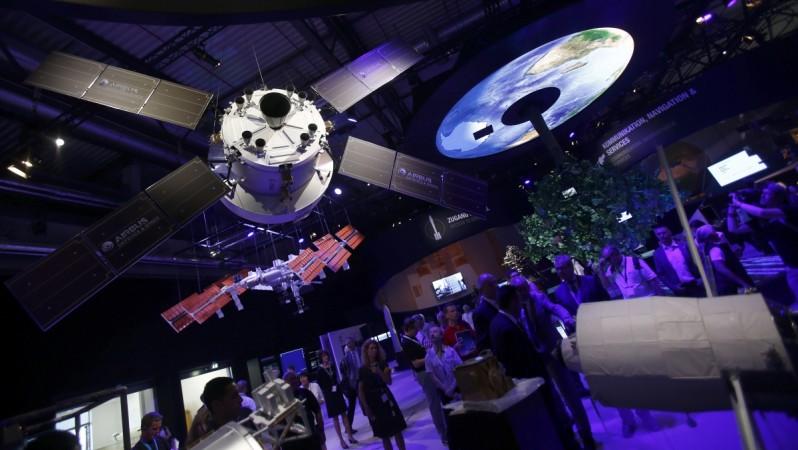
India can replicate its software industry success in making components and using technology in satellite industry as well, the Indian Space Research Organisation (ISRO) indicated, according to a report by the Business Standard. The space agency is ready to transfer its satellite building technology to the private sector and help them prepare for global as well as local demand.
ISRO, which has pioneered the technology to assemble various types of satellites, would for itself require 70 satellites over the next five years. The world over many companies, including the likes of Google's Terra Bella and several others in the Silicon Valley (Planet Labs, Spire Global etc), have ventured into the satellite technology based services.
As these companies look for providing services in remote sensing and navigation, disaster management, intelligence gathering, and other high speed internet services, the need for satellites are expected to shoot up. India with its technological skill sets can partner up and build satellites locally, according to ISRO's chairman A.S. Kiran Kumar.
The agency at present provides cheap launching services to many such foreign companies to ply their satellites using ISRO's high precision rockets called the Polar Satellite Launch Vehicle (PSLV). Dubbed as ISRO's workhorse, PSLV C-34 on Wednesday set a world's second-best record of launching 20 satellites in 26 minutes.
In an earlier interview with the Business Standard, Kumar emphasised that ISRO needed supply chain capacity to be built in India. He added: "...we have to give emphasis to the industry...industry trying to build more satellites and rockets." Indian public sector firms such as HAL along with private players Godrej and L&T are already working together to build a PSLV by 2020. It is expected to bring down the launch cost for the agency as well as increase the frequency of launch from once in two months to 18 days.
On Wednesday after the record launch, ISRO invited tenders inviting private firms to manufacture earth observatory and communication satellites, two of which would be under the end-to-end manufacturing. On Thursday, the agency will highlight its requirement as well as the huge opportunity in global satellite market.















